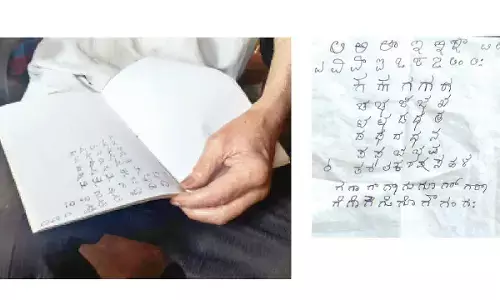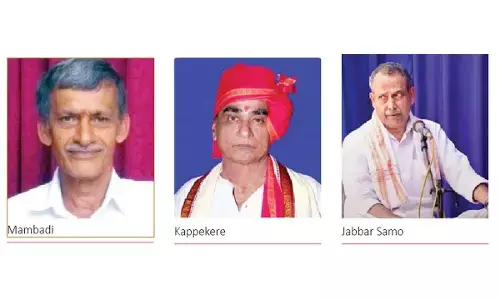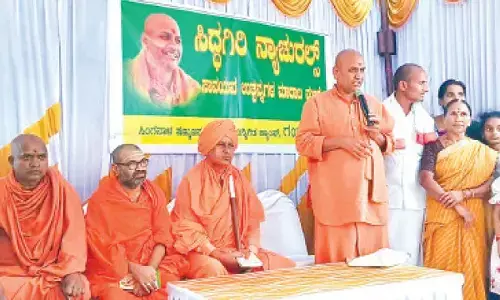Why are our lives filled with sorrow?

We find that we grieve or cry whenever we commit a mistake We continue to commit mistakes, big and small and repeat the same ones over and over again The consequence of mistakes is suffering and regret We commit them due to any one or a combination of factors ignorance, wrong notions, force of habit, family pressure, social pressure, peer pressure or our own propensities and tendencies
We find that we grieve or cry whenever we commit a mistake. We continue to commit mistakes, big and small and repeat the same ones over and over again. The consequence of mistakes is suffering and regret. We commit them due to any one or a combination of factors: ignorance, wrong notions, force of habit, family pressure, social pressure, peer pressure or our own propensities and tendencies.
All these factors put together lead us to commit mistakes and result in sorrow. The Bhagwad Gita declares that people are deluded because their knowledge and understanding are veiled by ignorance. Ignorance is the root cause of all problems (5.15).
Ignorance of what? Ignorance by itself is not a material thing. Ignorance is always related to something, be it a person, object, or situation. Ignorance of reading, writing or subjects like mathematics, physics, chemistry, botany, IT and so on cannot be the cause of our suffering. Sometimes the more the degrees, the less happy the person seems to be!
Here, the important question is, ‘Do I know myself? Do I know who I am?’ In spite of the vastness of my knowledge, if the Knower is not known, my knowledge is not declared as complete.
The scriptures mention three factors: jiva, the I, the individual living in this world; jagat, the world experienced by the individual; and Ishwara (popularly known as ‘God’), the One who is the cause of both. Most of us do not reflect on this third, most important factor – the Creator of both jiva and jagat. It is surprising that when we see a beautiful painting or sculpture, we immediately ask, ‘Who made it?’
But, we never stop to ask, ‘Who created this marvellous creation which functions with such beautiful precision?’ ‘What is His nature? What does He do?’ My knowledge is complete only when I know the true nature of all three factors and their interrelationship.
It is this knowledge that will remove my ignorance and eradicate suffering. The uniqueness of this knowledge is that having gained it, nothing more remains to be known or gained (BG 7.3). We gain total fulfilment and happiness.
Vedanta, the knowledge expounded in the end portion of the Vedas, is the sole means of gaining this priceless knowledge about one’s Self. It is in fact, the culmination of all knowledge. It reveals the truth and teaches us about the nature of the individual, the world, and God.
In our present state of ignorance, we see three separate and dissimilar factors: the individual, the world and God. But, after being exposed to this liberating knowledge, we discover that even though they appear as three distinct factors, the truth of them all is only One. And if we know that One, everything is as good as known. What a relief that we need only to know One and not three entities!
Liberation from sorrow and gain of bliss is our birth right. To put an end to all suffering, what is needed is a pure, discriminative and dispassionate mind, which longs for the Truth.
Swami Tejomayananda
(Chinmaya Mission)











